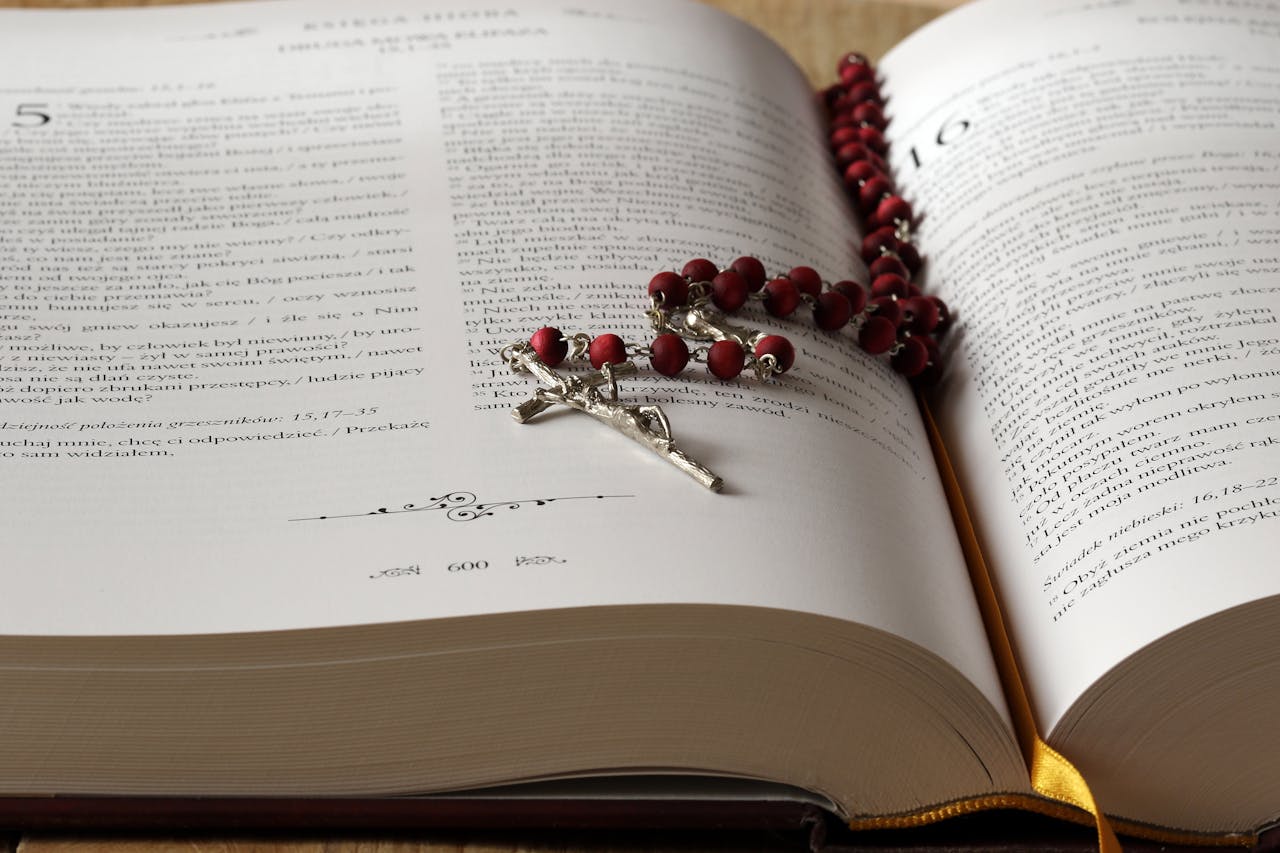
What is the Rosary?
Learn about the Rosary and how to get the most out of it.
The Joyful Mysteries
Your virtual Rosary with intentions, scripture, and videos to help you pray and meditate on the Jesus’ birth and childhood.
The Luminous Mysteries
Your virtual Rosary with intentions, scripture, and videos to help you pray and meditate on Jesus’ public ministry.
The Sorrowful Mysteries
Your virtual Rosary with intentions, scripture, and videos to help you pray and meditate on Jesus’ Passion and Crucifixion.
The Glorious Mysteries
Your virtual Rosary with intentions, scripture, and videos to help you pray and meditate on Jesus’ Resurrection and Mary’s Queenship in Heaven.
Books and Resources
Download eBooks and watch videos to help you unlock the power of the Rosary.
Book Review: Escape from Evil’s Darkness
Escaping Darkness I recently finished reading Fr. Robert Spitzer’s second book in his Called Out of Darkness trilogy — Escape…
How the Rosary Helps Us Live a Flourishing Life
Aristotle’s Idea of a Flourishing Life One of my new favorite websites is The Art of Manliness. Now women, please…
How to Combat Pride in Our Daily Lives
The New Normal My wife and I discussed what concerns us most about the direction our world is heading in….
Moral Courage vs. Pride this June
June is coming which means pride month in the USA. No matter where you go, you’ll be bathed in rainbow…
A Rosary Mystery for a Fruitful Day at Work
One constant in life is that we all need to work to survive. For much of human history, that would…
How to Pray the Rosary All Day Long
Feynman’s 12 Problems On the Art of Manliness website, I read this article about Renaissance man, Richard Feynman. It talks…
